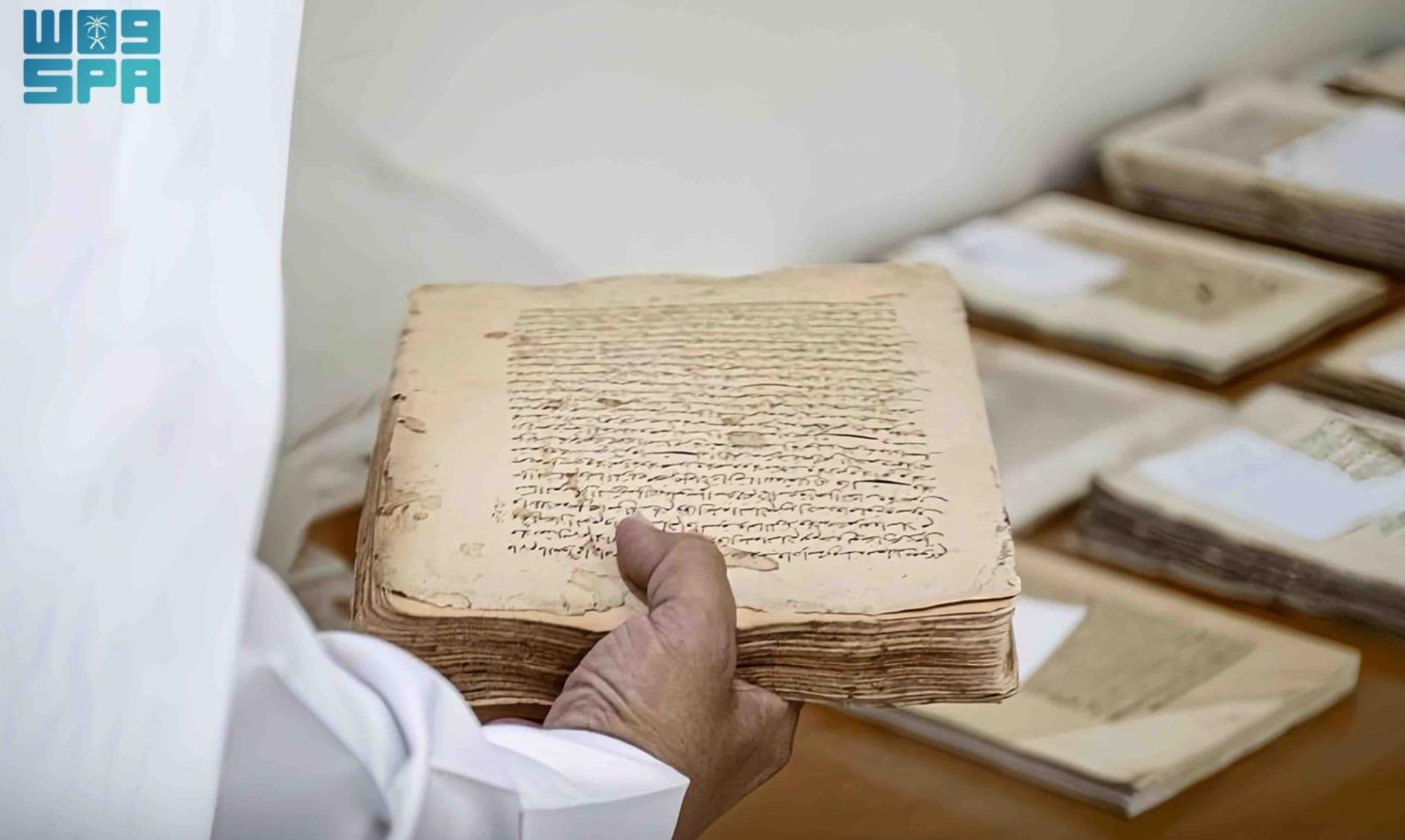
The Library of the Grand Mosque: A Beacon of Knowledge
The Presidency of Religious Affairs at the Grand Mosque and the Prophet's Mosque is committed to providing exceptional library services, ensuring quality resources, and fostering a vibrant intellectual environment, with the Library of the Grand Mosque, a cornerstone of Islamic scholarship, boasting a rich history dating back to the Abbasid Caliphate.
In 161 AH, Caliph Mohammed Al-Mahdi established a dome for housing archives at the Grand Mosque to safeguard religious texts, marking the inception of the library.
Makkah has long served as a global center of learning, and the Grand Mosque has been a pivotal hub of scholarly activity. The Kingdom of Saudi Arabia’s founder King Abdulaziz bin Abdulrahman Al Saud, recognizing the importance of knowledge, officially named the library in 1357 AH.
Successive generations of Saudi rulers have continued to support and develop this invaluable institution, which continues to play a vital role in promoting Islamic scholarship, serving as a beacon of knowledge and a valuable resource for researchers and scholars worldwide.
Today, the Library of the Grand Mosque operates from a modern facility in Batha Quraish, serving pilgrims, worshippers, researchers, and students. It houses a diverse collection comprising 7,849 original manuscripts, 372 non-Arabic manuscripts, thousands of photographs and digital copies, 42 Saudi newspapers, 1,193 magazines, and extensive digital archives. Some 55 private libraries are integrated into the library's resources.
The library offers a range of services through its departments dedicated to library services, newspapers and periodicals, restoration and binding, special libraries and donations, translation, a smart digital library, and a manuscript center.
President of Religious Affairs at the Grand Mosque and the Prophet's Mosque Sheikh Dr. Abdulrahman Al-Sudais emphasized the unwavering support of the wise leadership for the Library of the Grand Mosque, aligning with the goals of Vision 2030. This support includes initiatives to digitize the library's vast collection, develop user-friendly platforms and applications in multiple languages, and leverage modern technology to showcase its rich heritage.
Al-Sudais highlighted the library's significance as a 12-century-old landmark of religious and cultural scholarship. He stressed the importance of utilizing innovative digital display methods to enhance the visitor experience and showcase the library's cultural value.








